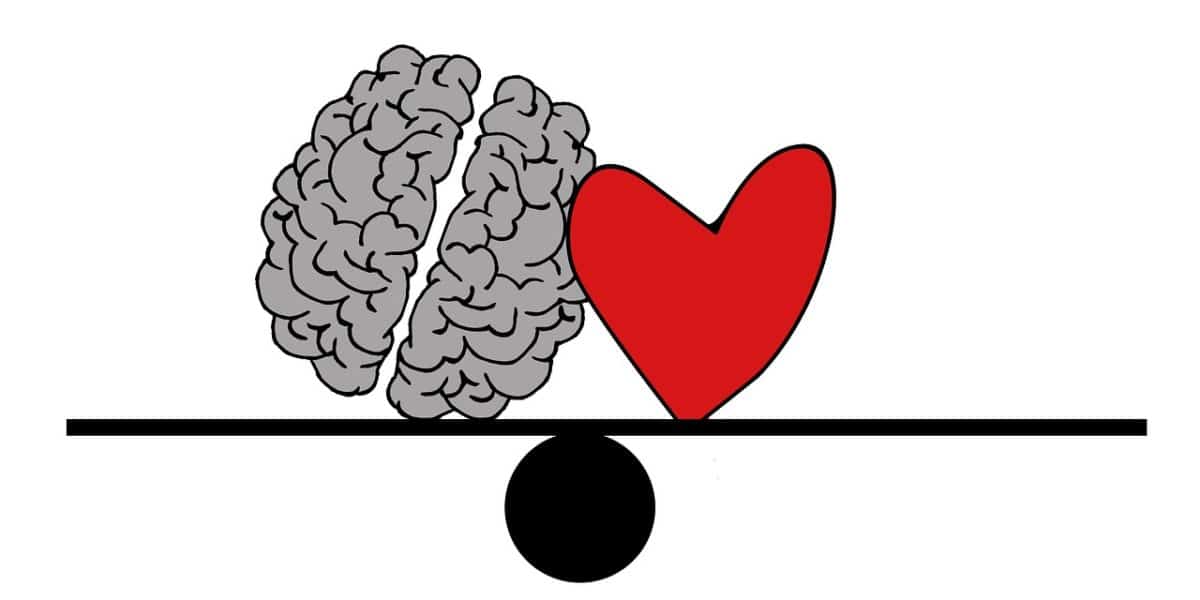Emotions are the key to success and here’s why.
In 1990 Salovey and Mayer wrote the first paper ever on emotional intelligence, defining it as “the ability to monitor one’s own and other’s feelings, to discriminate among them, and to use this information to guide one’s thinking and action”.
Five years later, David Goleman, in his book titled “Emotional Intelligence”, defined it as “the ability to identify, assess, and control one’s own emotions, the emotions of others, and that of groups”.
But what exactly is emotional intelligence, or EI? It consists of three key qualities:
- Emotional awareness;
- Utilising emotions and applying them to tasks, like thinking and problem-solving;
- Managing emotions, including your own, as well as the ability to cheer up or calm down another person.
An emotionally intelligent person, according to Goleman, can be recognised by the of the following traits:
- Being able to motivate themselves and to pursue their objectives through frustrations and difficulties;
- The ability to manage or redirect one’s disruptive emotions and impulses and adapt to changing circumstances;
- Recognising, understanding, and considering other people’s feelings especially when making decisions.
Being emotionally intelligent is also extremely convenient in the workplace. Some studies show that employees with an advanced level of emotional intelligence have high self-awareness that helps them understand co-workers and meet deadlines; they are not bothered by clients’ criticism and tend to remain focused on their goals.
Even though emotional intelligence develops during childhood, if you’re an adult who wants to increase their EI, focus on these three aspects:
- Self-control, managing your emotions without repressing them;
- Self-awareness, knowing and assessing your emotions;
- Empathy, listening and relating to others without judging them.
Dr. Andrea Miriello
Business Psychologist
Consultant, Business Coach, and Trainer

